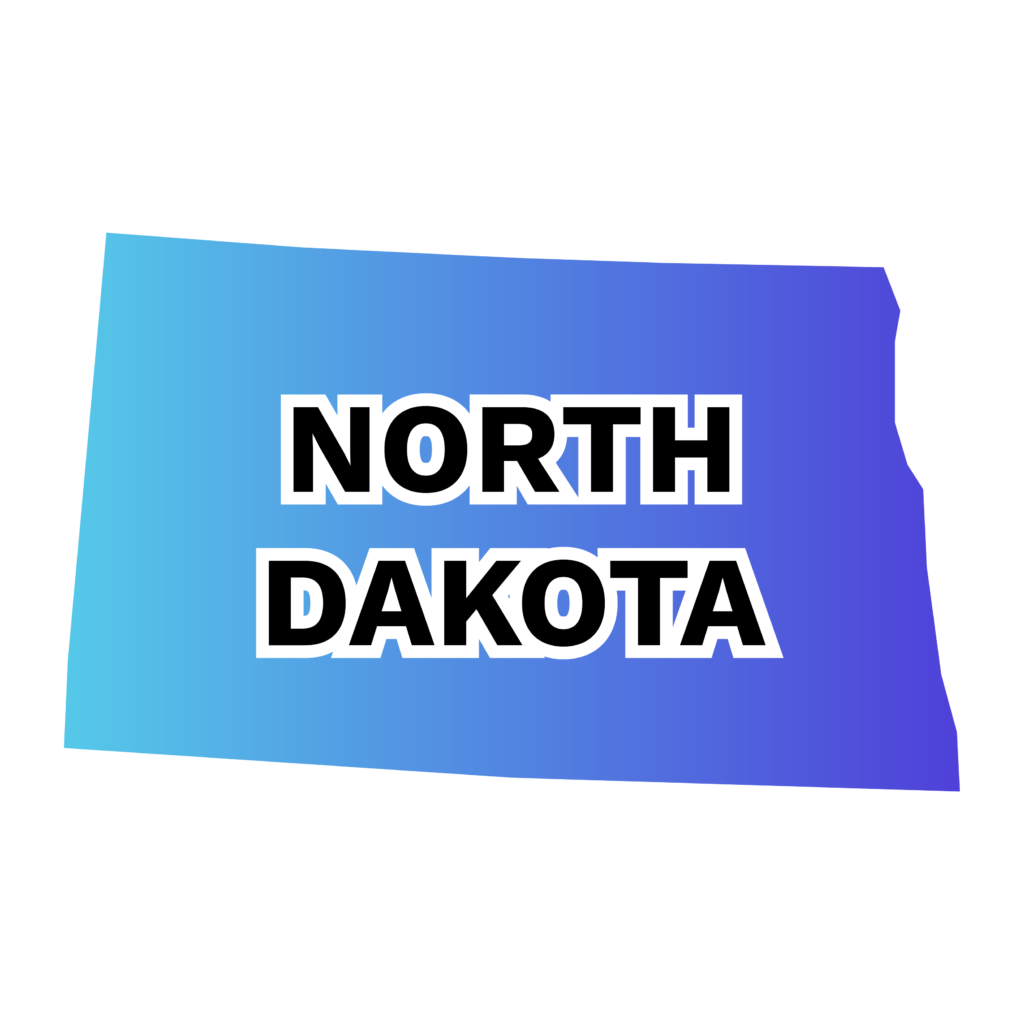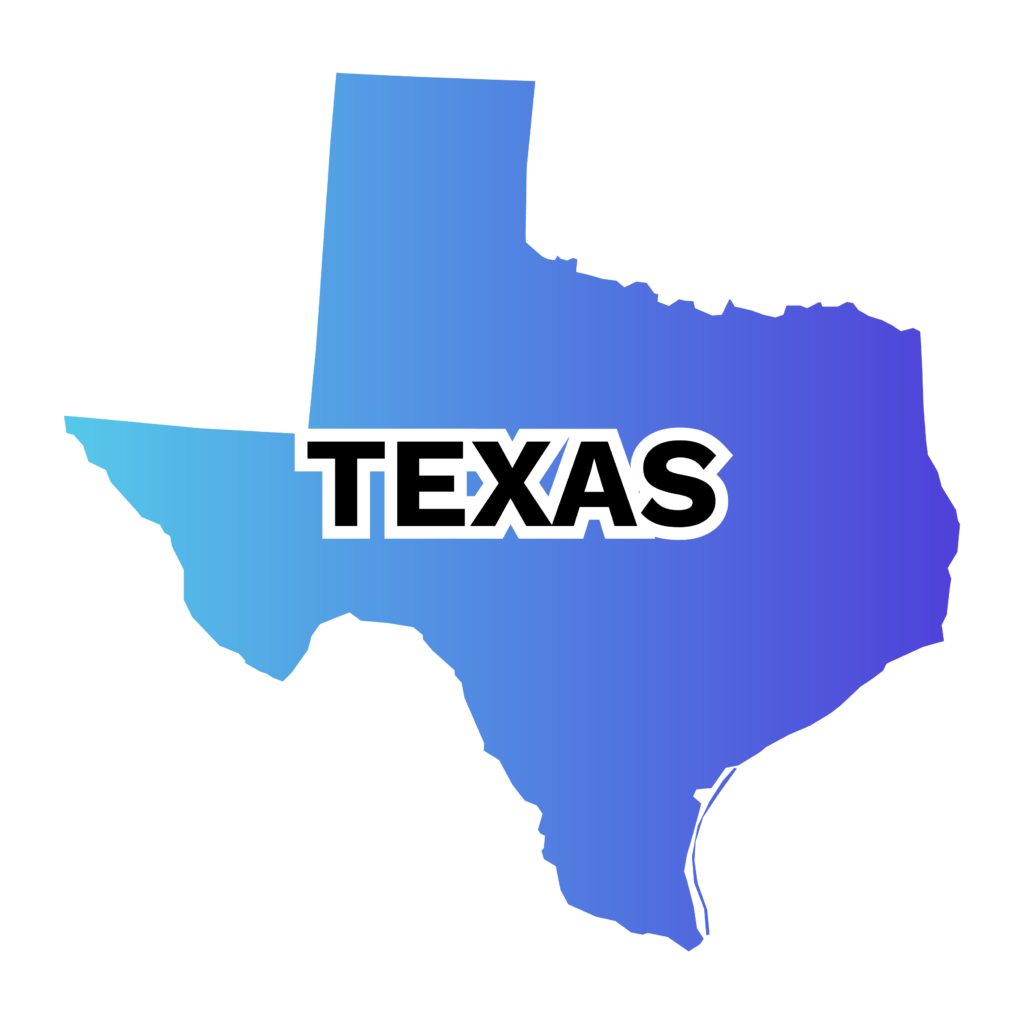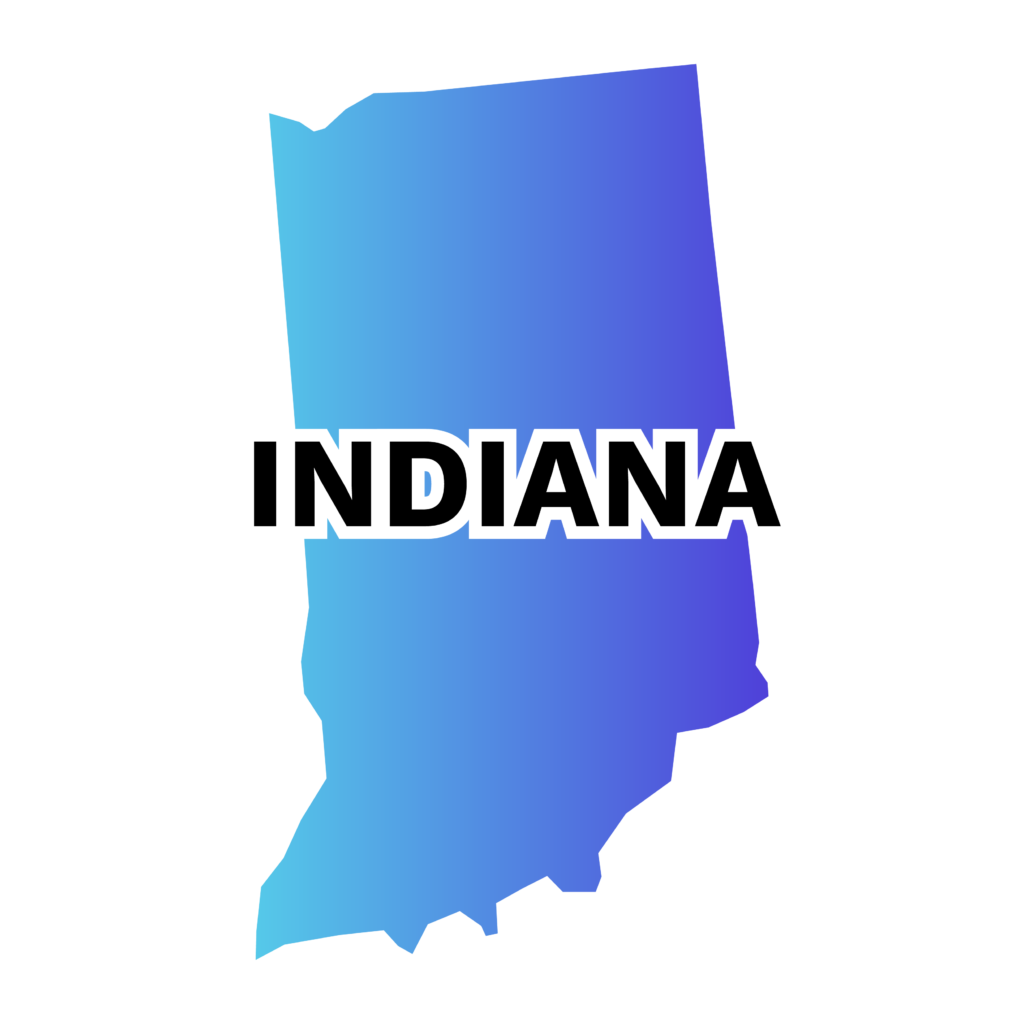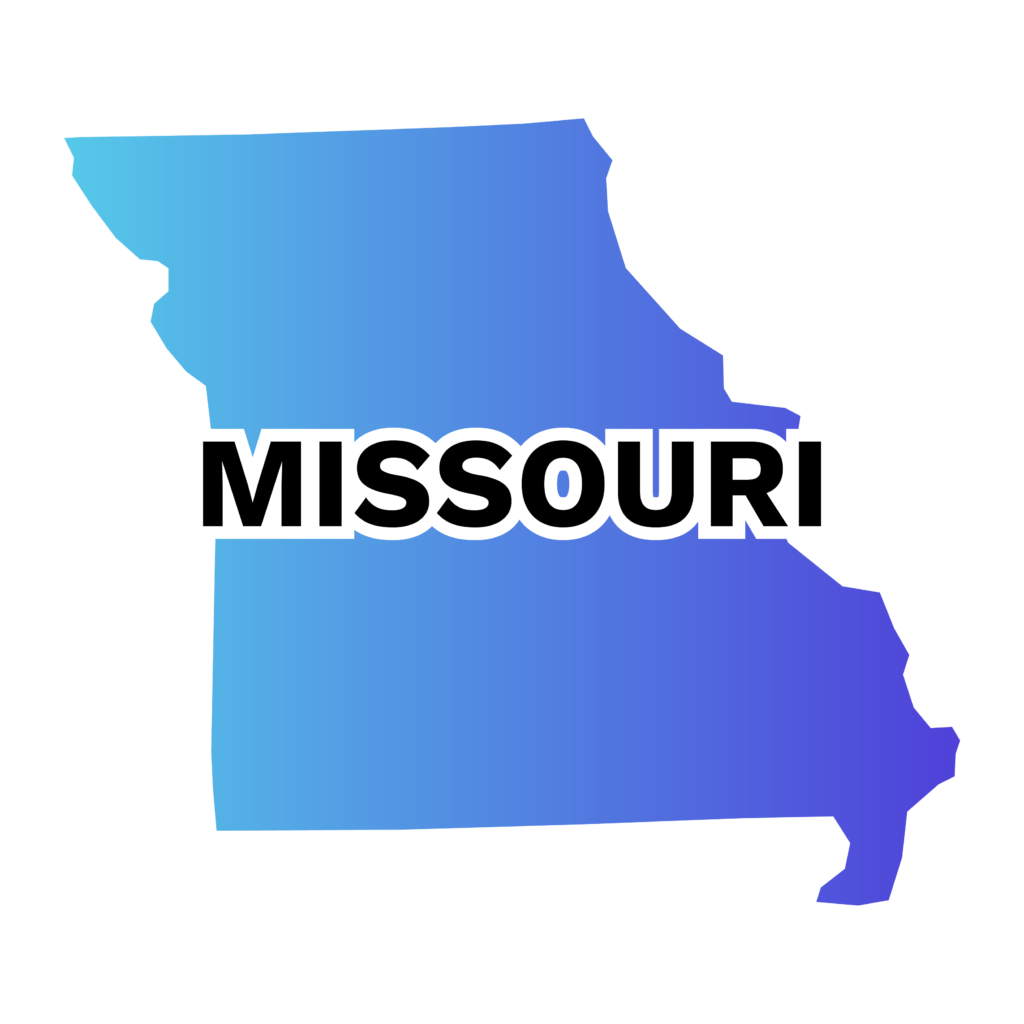In the midst of a CPA crisis, there’s a silver lining for aspiring accountants in New Jersey. According to an article by Erica Sweeney on Business Insider, the accounting profession is facing a significant shortage of CPA-certified accountants, posing compliance risks for businesses. This shortage is attributed to a combination of factors, including the Great Resignation and a substantial portion of CPAs reaching retirement age in 2020. The American Institute of Certified Public Accountants (AICPA) has noted a decline in the number of people graduating with accounting degrees and those passing the CPA exam.
But here’s where it gets interesting.
This shortage presents a unique opportunity for individuals in New Jersey considering the CPA path. With fewer new entrants into the field and a significant number of current CPAs retiring, the demand for qualified accountants is soaring. This scenario not only increases the value of CPA certification but also opens up a plethora of opportunities for those willing to step into this vital role.
Now, more than ever is the opportune time to embark on the journey toward becoming a CPA in New Jersey. The current landscape promises not just job security but also the potential for rapid career advancement and competitive compensation. So, why is this the perfect time to dive into the CPA licensing process in New Jersey? Let’s delve deeper.
Steps to Get Your CPA License in New Jersey
Embarking on the journey to become a CPA in New Jersey involves a series of steps designed to ensure that candidates are thoroughly prepared for the responsibilities of the profession. Here’s a concise snapshot of the process:
- Meet Education Requirements: Candidates must have a bachelor’s degree or higher and complete 150 semester hours in specific coursework, including accounting and business-related subjects.
- Accumulate Work Experience: Gain the required work experience under the supervision of a licensed CPA. New Jersey mandates a minimum of one year (or 1,750 hours) of work experience.
- Pass the CPA Exam: Successfully complete all four sections of the Uniform CPA Examination. Given the exam’s complexity, consider enrolling in a top CPA review course for comprehensive preparation.
- Ethics Requirement: Complete an ethics course or exam, as required by the New Jersey State Board of Accountancy.
- Submit Application and Documentation: Fill out the CPA license application, ensuring all educational and work experience documents are accurately reported and verified.
- Pay Licensing Fees: Submit the necessary fees associated with the CPA licensure application.
Why Get a CPA in New Jersey?
The current demand for CPAs in New Jersey, coupled with the ongoing nationwide shortage, makes it an opportune time for licensure in the state. New Jersey offers a diverse range of industries and firms, providing ample opportunities for CPAs to grow and specialize in various sectors.
CPA Expert – Bryce Welker
“As we navigate through the current CPA shortage, it’s clear that obtaining a CPA license, especially in a state like New Jersey, is more than just a career move; it’s a gateway to unparalleled opportunities. New Jersey, with its diverse economic landscape, offers a fertile ground for CPAs to grow, innovate, and lead. In this climate, becoming a licensed CPA isn’t just about filling a gap; it’s about setting yourself up for a future where your skills are in high demand and your potential for success is limitless.”
CPA Licensure Requirements in New Jersey
Becoming a Certified Public Accountant (CPA) in New Jersey is a prestigious achievement that opens doors to a variety of career opportunities in accounting and finance. The New Jersey State Board of Accountancy sets specific requirements for CPA licensure, which are categorized into general requirements, education, and work experience.
General Requirements
- Age and Citizenship: Applicants must be at least 18 years old. There are no citizenship or residency requirements in New Jersey for CPA licensure.
- Social Security Number: A valid Social Security Number is required.
- Ethics Examination: Candidates must pass an ethics examination or course as specified by the New Jersey State Board of Accountancy.
Education Requirements
- Degree and Credit Hours: Applicants must hold a bachelor’s degree or higher and complete 150 semester hours of college education.
- Accounting Courses: A minimum of 24 semester hours in accounting courses is required. This should include courses in financial accounting, auditing, taxation, and management accounting.
- Business Courses: Candidates must also complete 24 semester hours in business-related courses. These can include subjects like business law, finance, information systems, business writing, statistics, and economics.
Work Experience Requirements
- Supervised Experience: Candidates must complete at least one year (1,750 hours) of work experience. This experience must be supervised by a licensed CPA and should involve providing services or advice involving accounting, attest, compilation, management advisory, financial advisory, tax, or consulting skills.
- Verification of Experience: The supervising CPA must verify the candidate’s work experience. This verification is a crucial part of the licensure process and must be submitted as part of the application.
Ethics Exam Requirements
In New Jersey, as in many other states, passing an ethics exam is a crucial step in the process of becoming a Certified Public Accountant (CPA). This requirement underscores the importance of ethical standards in the accounting profession. The ethics exam is designed to ensure that all CPAs understand and are committed to upholding these standards in their professional practice.
Overview of the Ethics Exam
- Purpose: The ethics exam focuses on the AICPA’s Code of Professional Conduct and other professional standards that CPAs are expected to adhere to. It tests a candidate’s understanding of ethical practices and professional responsibilities within the accounting field.
- Format and Content: The exam typically consists of multiple-choice questions that cover various ethical scenarios and situations that CPAs might encounter in their professional careers.
- Approved Ethics Courses: The New Jersey State Board of Accountancy requires candidates to complete an ethics course or exam. The specific requirements, including the approved course providers and the content outline, can be found on the New Jersey State Board of Accountancy website.
- Documentation: Upon successful completion of the ethics exam or course, candidates must submit proof of completion with their CPA licensure application. This documentation is a critical component of the application process.
New Jersey CPA Licensure and Exam Fees
The process of becoming a Certified Public Accountant (CPA) in New Jersey involves various steps, each accompanied by specific fees. Understanding these fees is crucial for candidates as they plan their journey towards CPA licensure. Below is a breakdown of the key fees associated with the CPA licensure process in New Jersey, including the Education Evaluation Application and the Exam Section Application.
Education Evaluation Application
- Purpose: Before applying for any section of the CPA Exam, candidates must first be deemed eligible. The Education Evaluation Application assesses whether a candidate meets the educational requirements necessary to take the CPA Exam in New Jersey.
- Fee: The fee for the Education Evaluation Application is $90.00. This fee covers the cost of reviewing and verifying the candidate’s educational credentials to ensure they align with New Jersey’s CPA exam eligibility criteria. The actual application fee ranges from $75-$175.
Exam Section Application
- Application Process: Once a candidate is found eligible for the CPA Exam, they can apply for a specific exam section. It’s important to note that candidates can apply for only one exam section per application.
- Advisory: Candidates are advised to apply for an exam section only if they are ready to take it. This is because the Notice to Schedule (NTS), which candidates receive upon application approval, is valid for a limited period. The exam section listed on the NTS must be taken within this timeframe; otherwise, the fees paid will be forfeited.
- Fee: The fee for each Exam Section Application is $344.80. This fee is applicable for each section of the CPA Exam that the candidate applies for. Given that the CPA Exam consists of four sections, candidates should plan financially for this aspect of the licensure process.
Additional Considerations
- Budgeting for Fees: Candidates should budget for these fees as part of their overall CPA licensure plan. It’s essential to consider these costs early in the process to ensure smooth progression towards obtaining CPA licensure.
- Validity of NTS: Paying close attention to the validity period of the NTS is crucial to avoid unnecessary loss of fees due to expired schedules.
The fees associated with the CPA licensure process in New Jersey are an investment in a candidate’s professional future. By understanding and planning for these expenses, candidates can navigate the process more effectively, bringing them one step closer to achieving their goal of becoming a CPA.
| Per Section CPA Exam Fee: | $344.80 |
| Education Application Fee: | $90 |
| Application Fee: | $175 |
CPA Evolution and Exam Changes
The CPA profession is undergoing a significant transformation with the CPA Evolution initiative, a joint effort by the American Institute of CPAs (AICPA) and the National Association of State Boards of Accountancy (NASBA). This initiative aims to ensure that CPAs continue to meet the rapidly changing demands of the business world. The changes under CPA Evolution are set to take effect in 2024 and will bring about substantial updates to the CPA licensure model and the CPA Exam.
General Changes in the CPA Evolution
- Updated Licensure Model: The new model focuses on core competencies in accounting, auditing, tax, and technology. It reflects the skills and knowledge essential for CPAs in the modern business environment.
- Revised CPA Exam Structure: The CPA Exam will be restructured to include a core section covering the essential skills and a discipline-specific section, allowing candidates to demonstrate deeper skills in a specific area of interest such as business analysis and reporting, information systems and controls, or tax compliance and planning.
- Emphasis on Technology and Analytics: Recognizing the growing importance of technology in accounting, the new exam will place a greater emphasis on skills related to data analytics and information technology.
Specifics for New Jersey
- Alignment with National Standards: New Jersey, like other states, is expected to align its CPA licensure requirements with the CPA Evolution model. This means candidates in New Jersey will need to prepare for the updated CPA Exam format and content.
- Resources for Candidates: It is anticipated that the New Jersey State Board of Accountancy, along with local CPA societies and educational institutions, will offer resources and support to help candidates navigate these changes. This could include informational sessions, updated study materials, and guidance on meeting the new requirements.
New Jersey Exam Information and Resources
- NJ CPA Exam Candidates
- NJ CPA Exam Application
- NASBA CPA Exam FAQ
- New Jersey Society of Certified Public Accountants (NJCPA)
For more details, please contact:
New Jersey State Board of Accountancy
124 Halsey Street, 6th Floor
PO Box 45000
Newark, NJ 07101
(973) 504-6380
FAQs
To qualify as a CPA in New Jersey, candidates must be at least 18 years old, hold a bachelor’s degree with 150 semester hours including accounting and business courses, complete 1,750 hours of work experience under a licensed CPA, pass all four sections of the Uniform CPA Examination, and complete an ethics course or exam as required by the New Jersey State Board of Accountancy.
You must submit an Education Evaluation Application along with a fee of $90.00. This application will assess if your educational background meets the specific requirements set by the New Jersey State Board of Accountancy for taking the CPA Exam.
The fee for each CPA Exam Section Application in New Jersey is $344.80. Remember, you can apply for only one section at a time and should be ready to take the exam within the validity period of your Notice to Schedule.
Starting in 2024, the CPA Exam will include a core section covering essential skills in accounting, auditing, tax, and technology, and a discipline-specific section where candidates can demonstrate deeper skills in a specific area. The exam will also place a greater emphasis on technology and data analytics.
For the most current information, regularly visit the New Jersey State Board of Accountancy website and check updates from the American Institute of CPAs (AICPA) and the National Association of State Boards of Accountancy (NASBA).
Yes, you must complete at least one year (1,750 hours) of work experience under the supervision of a licensed CPA. This experience should involve services or advice in accounting, attest, compilation, management advisory, financial advisory, tax, or consulting skills.
Yes, you can take the CPA Exam before completing your work experience. However, work experience is a requirement for licensure, so you must complete it before you can be licensed as a CPA in New Jersey.
If you fail a section of the CPA Exam, you can reapply for that section. Keep in mind the fees for reapplication and ensure you are prepared to retake the exam within the validity period of your new Notice to Schedule.
Bryce Welker is a regular contributor to Forbes, Inc.com, YEC, and Business Insider. After graduating from San Diego State University, he went on to earn his Certified Public Accountant license and created CrushTheCPAexam.com to share his knowledge from reviewing hundreds of accounting courses while helping thousands of other accountants become CPAs. Bryce was named one of Accounting Today’s “Accountants To Watch” among other accolades. As Seen On Forbes











